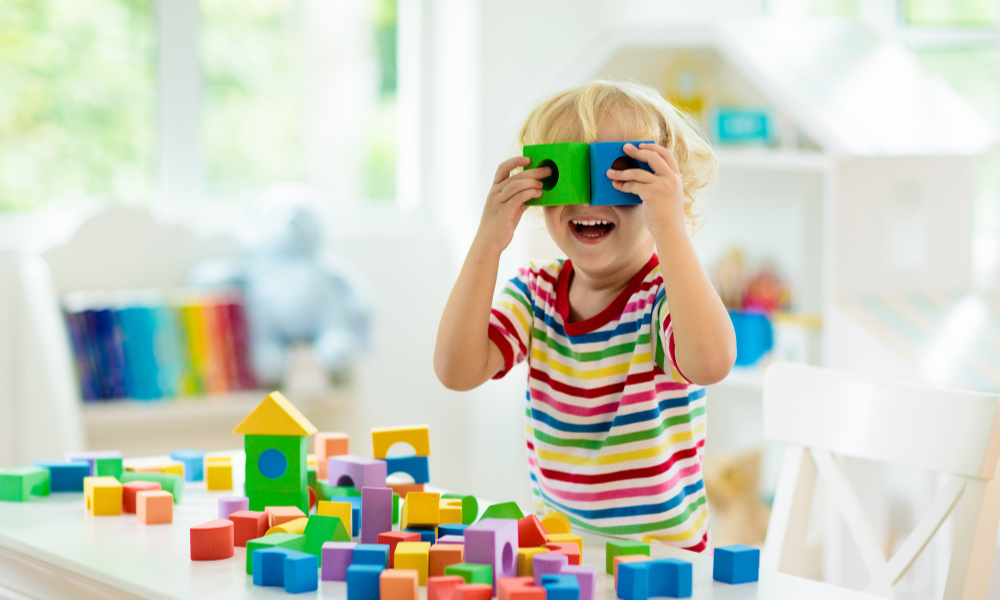Contents
Child Development: Nurturing the Future Generation
Introduction:
Child development is a fascinating journey encompassing various aspects of physical, cognitive, emotional, and social growth. As parents, caregivers, and educators, understanding the stages and intricacies of child development is crucial for providing the right environment and guidance to help children reach their full potential. This article will delve into the different dimensions of child development, exploring how each stage shapes a child’s future and emphasizing adults’ vital role in fostering healthy growth.
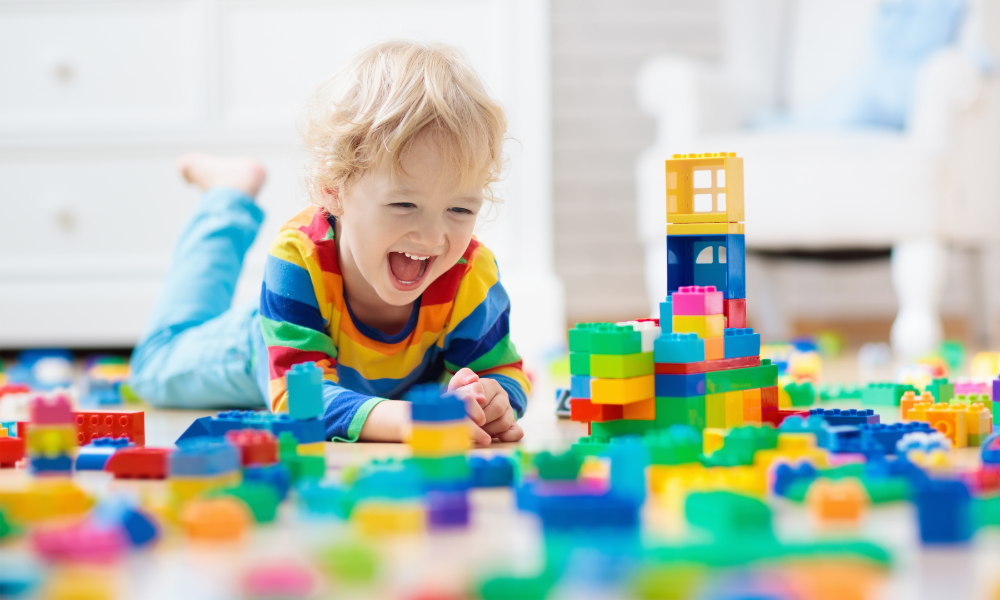
The Significance of Child Development
Child development is the intricate process through which children progress from infancy to adolescence, acquiring physical, cognitive, emotional, and social skills. It lays the foundation for their future well-being, success, and overall quality of life. While genetics play a role, external factors, interactions, and experiences significantly shape a child’s development.
The Stages of Child Development
Infancy: Building the Foundation
Infancy is a time of rapid growth and development. Babies learn through sensory experiences, forming attachments with caregivers, and developing trust. Motor skills develop, enabling them to roll, crawl, and walk.
Early Childhood: Exploring the World
In early childhood, curiosity is at its peak. Children develop language skills, engage in imaginative play, and refine their fine motor abilities. They begin to understand the world around them through exploration and interaction.
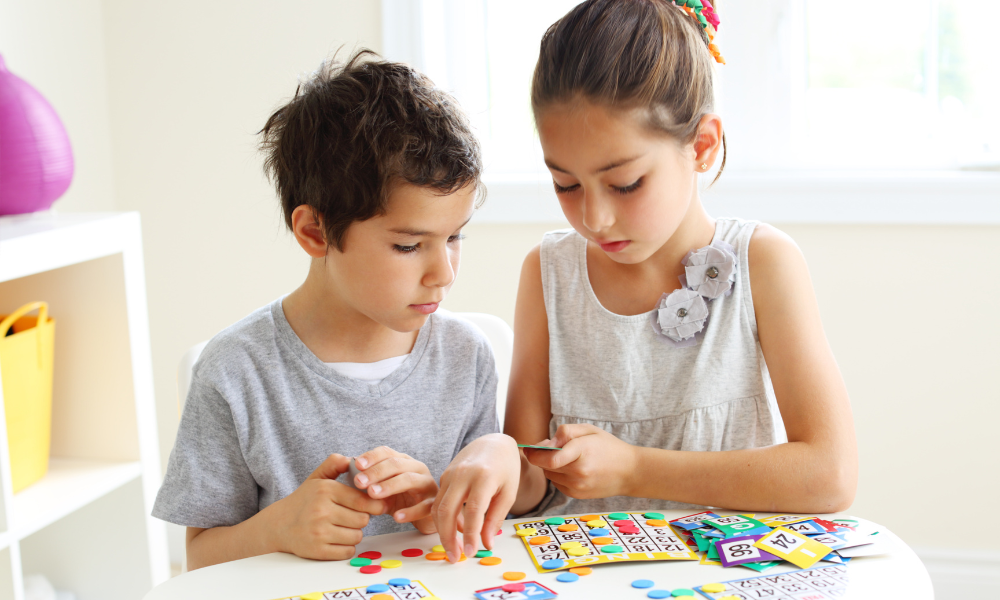
Middle Childhood: Skill Refinement
- Refined motor skills, cognitive abilities, and social interactions mark middle childhood. Children start formal education, build friendships, and develop a sense of industry and competence.
Adolescence: Transition to Adulthood
- Adolescence is a period of profound physical and emotional change. Teens seek independence, establish their identities, and explore their interests. Peer relationships become central, influencing their behavior and decisions.
Physical Development: Nurturing the Growing Body
- A balanced diet, regular exercise, and sufficient sleep are vital for a child’s physical development. Proper nutrition supports bone growth, while physical activity enhances muscle development, coordination, and overall well-being.
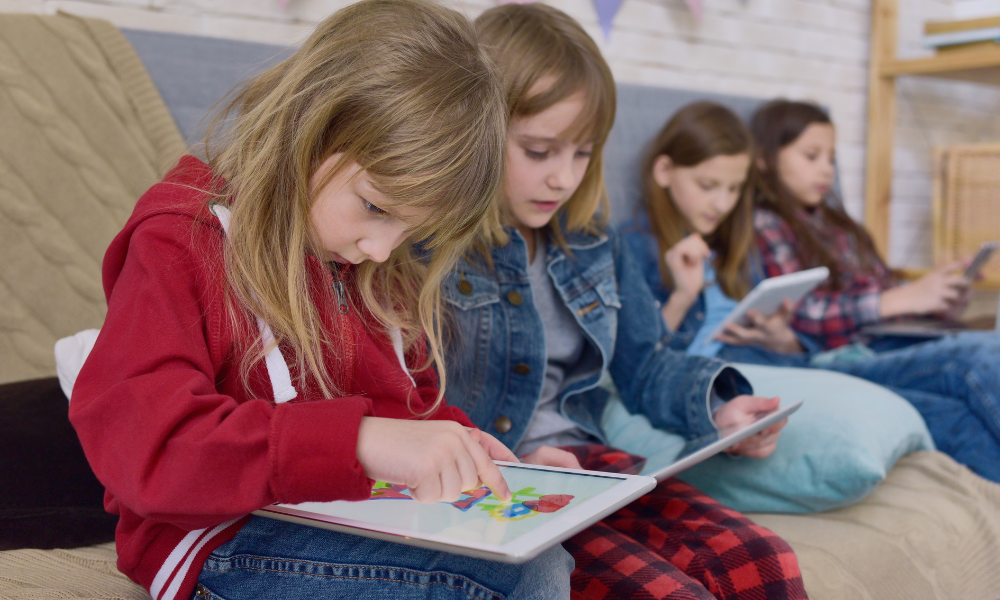
Cognitive Development: Building the Young Mind
- Children’s cognitive development involves learning, problem-solving, and critical thinking. Providing stimulating activities, encouraging curiosity, and allowing them to explore their interests is essential for nurturing cognitive growth.
Emotional Development: Navigating Feelings and Empathy
- Helping children identify and manage their emotions promotes healthy emotional development. Teaching empathy and emotional intelligence equips them with vital skills for building meaningful relationships.
Social Development: Forming Connections and Relationships
- Social interactions teach children valuable communication, cooperation, and conflict resolution lessons. Building healthy relationships with peers and adults fosters a sense of belonging and self-esteem.

The Role of Nutrition in Child Development
- Proper nutrition is fundamental to a child’s growth. Nutrient-rich foods provide the energy needed for physical activities and support brain development. Adequate hydration is also essential for optimal cognitive function.
The Power of Play in Learning
- Play is more than just fun; it’s a crucial learning component. Different types of play, such as imaginative, physical, and cooperative, contribute to cognitive, social, and emotional development.
Parental Influence on Child Development
- Parents play a central role in a child’s development. Positive parenting practices, including active listening, setting boundaries, and offering support, contribute to a child’s emotional and cognitive well-being.
Educational Environments and Their Impact
- Early childhood education sets the stage for a child’s academic journey. High-quality educational environments promote language development, social skills, and a love for learning.
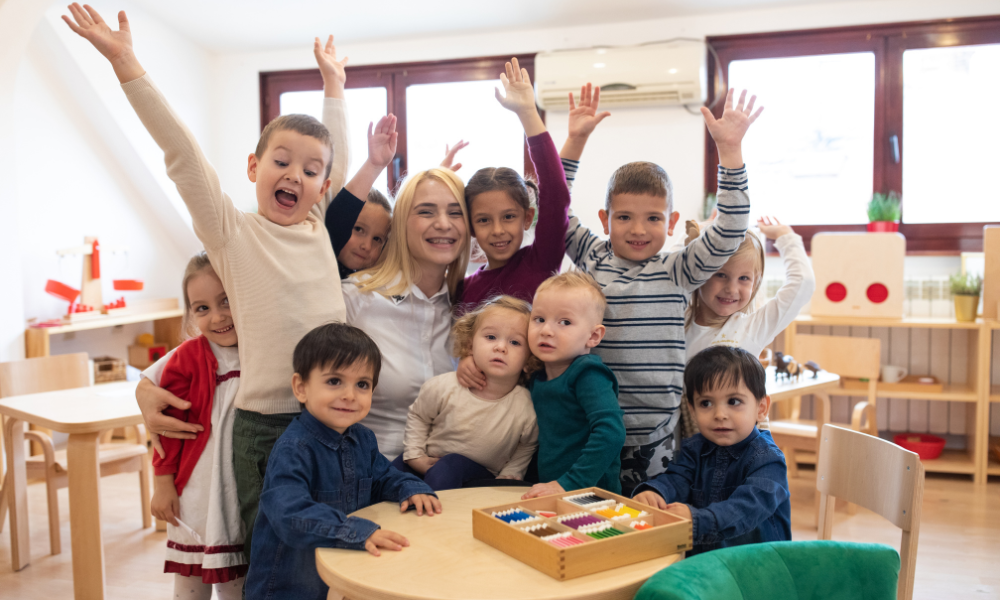
Nurturing Creativity and Imagination
- Encouraging creativity helps children explore their unique interests and talents. Activities like drawing, storytelling, and creative problem-solving stimulate imagination and innovation.
Technology’s Role in Modern Child Development
- In the digital age, technology is a part of children’s lives. Balancing screen time with other activities is crucial. Educational apps and content can supplement learning, but face-to-face interactions remain essential.
Overcoming Developmental Challenges
- Every child faces unique developmental challenges. Identifying and addressing learning or behavioral difficulties early can prevent long-term issues and provide children with the necessary support.
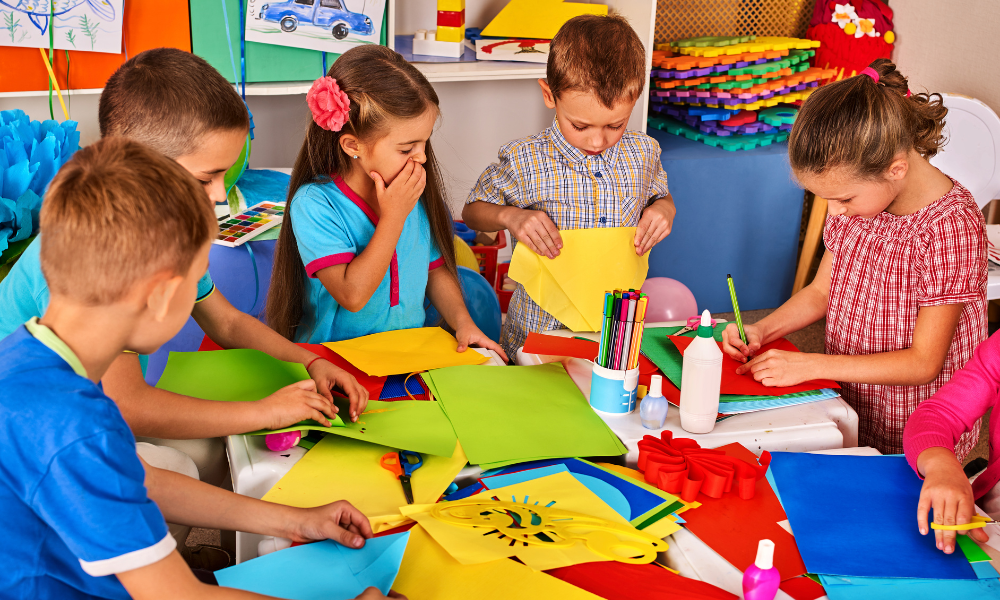
Fostering a Growth Mindset from a Young Age
- Instilling a growth mindset, where children believe their abilities can be developed through effort and learning, cultivates resilience, determination, and a positive attitude toward challenges.
Enhancing Growth and Learning Through Thoughtful Products
- Infant Developmental Toys: Provide a selection of toys that stimulate sensory experiences and promote infant motor skills development.
- Early Learning Educational Books: Offer a variety of age-appropriate books that support language development and encourage imaginative play in early childhood.
- Educational Board Games: Suggest board games that involve problem-solving, critical thinking, and cooperative play to enhance cognitive and social skills in middle childhood.
- Adolescent Development Books: Recommend books that focus on understanding adolescence and helping teens confidently navigate this transformative phase.
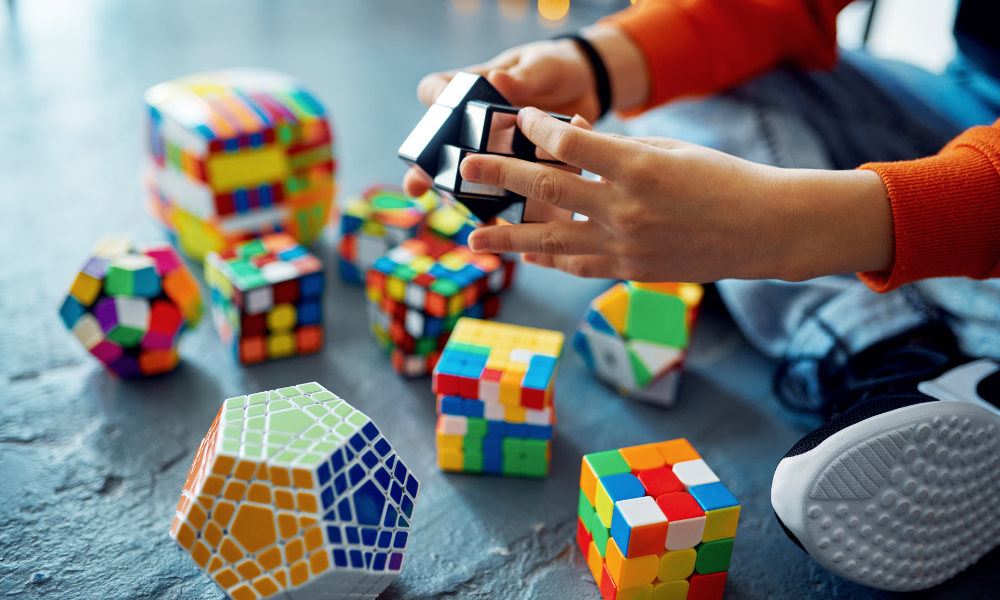
- Healthy Nutrition Guide for Kids: Offer a guide on proper nutrition for children, highlighting the importance of balanced diets and their impact on physical and cognitive development.
- Emotional Intelligence Books for Parents and Kids: Suggest books that teach parents how to foster emotional intelligence in children and help kids understand and manage their emotions.
- Social Skills Building Kits: Provide kits or resources to develop effective communication, conflict resolution, and relationship-building skills.
- Educational Apps for Kids: Suggest age-appropriate educational apps that supplement learning and promote creativity while keeping screen time in check.
- Parenting Books on Positive Reinforcement: Recommend books that guide parents on positive parenting techniques to boost their child’s emotional and cognitive well-being.
- Growth Mindset Posters and Wall Art: Offer posters or wall art that display inspiring growth mindset messages to motivate children to embrace challenges and adopt a positive attitude toward learning.
Amazon has everything from educational toys to thrilling books. Every kid can find something to spark interest in the wide world of toys, books, and technology. Look at our handpicked selection of fun items, and make Amazon your one-stop shop for all things related to children. Have fun going places!
Conclusion: Shaping a Bright Future
Child development is a dynamic process that influences a child’s future success and well-being. By understanding and actively participating in a child’s journey, we can provide the necessary support and guidance to help them reach their full potential.
FAQs: Child Development
What is child development?
Child development refers to how children grow physically, cognitively, emotionally, and socially from infancy to adolescence.
How can parents promote emotional development?
Parents can promote emotional development by creating a supportive environment, acknowledging emotions, and teaching empathy.
Is screen time harmful to child development?
Excessive screen time can have adverse effects on child development. It’s important to balance screen time with other activities and ensure that the content is age-appropriate and educational.
Why is play essential for learning?
Play supports cognitive, social, and emotional development. It encourages creativity, problem-solving, and the development of essential life skills.
What is a growth mindset?
A growth mindset is a belief that abilities and intelligence can be developed through effort, learning, and perseverance.
